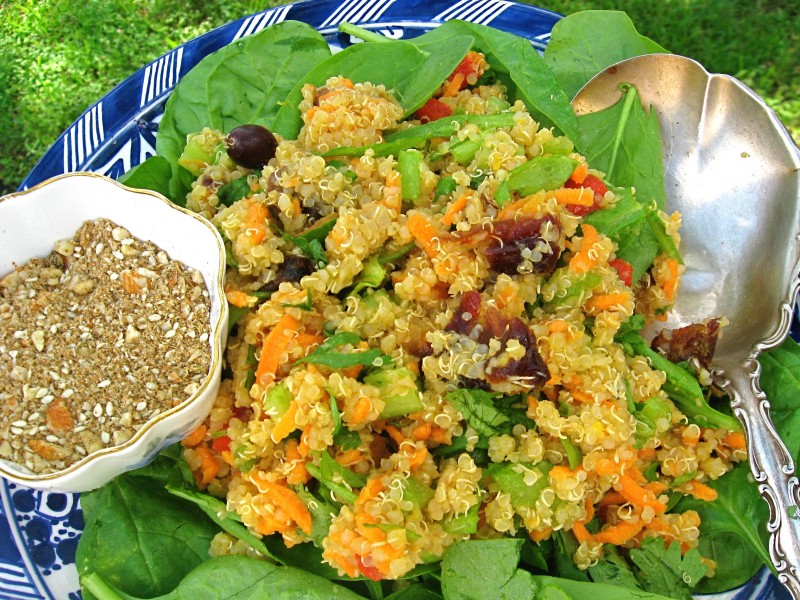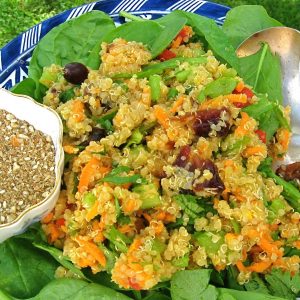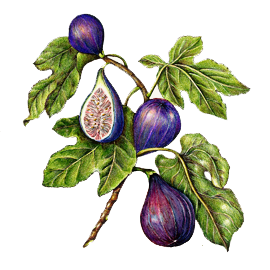
 We may be an odd family, but honey, what family isn’t? We have different schedules, different demands, different priorities. That’s okay — with family, you don’t have to be crazy about each other or in each other’s business every minute. You just have to respect each other.
We may be an odd family, but honey, what family isn’t? We have different schedules, different demands, different priorities. That’s okay — with family, you don’t have to be crazy about each other or in each other’s business every minute. You just have to respect each other.
I’m not Muslim but I’ve always thought Ramadan was pretty cool. It’s thirty days of fasting and prayer from dawn to dusk, a time of returning to yourself and your family, a time to pledge your faith anew.
One of the core precepts of Islam is forgiveness. That’s a tough one. Our society is riven — rich and poor, black and white, Muslims and Christians, Palestinians and Israelis, Kurds, Shia, Sunni, North Koreans and South Koreans, Republicans and Democrats, and the ever-divisive herbivores and omnivores. We’ve been fighting over religion and race and our side versus the other side for all of recorded history. And we still haven’t figured out it doesn’t work.
We are a multiplicity of races, religions and beliefs. So to say each nation must live as one people with one ethos, well, that’s repression, isn’t it? On top of which, it’s like wishing for the return of 8-track tapes. Not gonna happen. Muslims and agnostics can and do live within a stone’s throw of each other. The question is, how to do it without throwing stones.
Ramadan takes its name from al-ramad — intense heat. It happens during the hottest month of the year, and with increased population and climate change, it’s only getting hotter. We are all vying for the same limited natural resources. We continue to tax them. Rather than trying to ship anyone who doesn’t think the same way we do to another country, we’re going to have to think — and eat — differently. Study after study has shown a less meat- intensive diet means more land, more food, more water for all of us. Just tweaking what we eat has huge consequences. For the first time ever, the preliminary draft of the new USDA Dietary Guidelines links reduced meat consumption to a more sustainable planet.
Call me crazy. Call me worse. But the fact is, diverse as we all are, we still have to live together. And since we do, it helps to come at it from the point of view of compassion (a big vegan concept) and forgiveness (a big Muslim concept). And a little less meat would be a good thing, too.

Iftar Quinoa
Ingredients
- 1 cup quinoa rinsed and drained*
- 2 cups water or vegetable broth
- 3 carrots grated
- 2 ribs celery diced
- 4 Medjool dates chopped (about 1/4 cup)
- 1 roasted red pepper diced (commercial kind, available in jars, is fine)
- 12 kalamata olives
- 1 bunch cilantro chopped
- 2 lemons zest and juice (about 6 tablespoons juice)
- 3 tablespoons olive oil
- 1 teaspoon cumin
- 1 pinch sea salt
- 4 big handfuls spinach leaves arugula or other fresh greens (about 5 cups)
- DUKKAH INGREDIENTS
- 1/2 cup almonds
- 1/4 cup sesame seeds
- 4 tablespoons coriander
- 1 tablespoon black peppercorns
- 1 teaspoon fennel seeds
- 2 tablespoons cumin
- 1 teaspoon sea salt
- optional — pinch of cardamon or cayenne
Instructions
- Bring broth or water to boil in medium saucepan. Add quinoa and cover. Reduce heat to low and cook, covered for 20 minutes, or until all the liquid has been absorbed and quinoa has popped and expanded.
- Grate in lemon zest. Fluff together with a fork. Set aside to cool.
- In a small bowl, whisk together lemon juice, olive oil and cumin until emulsified.
- In a large bowl, mix together grated carrots, diced celery and chopped dates. Add quinoa. Pour in lemon-cumin dressing and mix well to combine.
- Cover and refrigerate at least 4 hours and up to overnight. The flavor improves as the ingredients get happy together.
- Add chopped cilantro and greens, mixing in gently. Sprinkle with dukkah just before serving or serve dukkah separately.
- rinsing cleans quinoa of saponins, a natural bitter protective coating
- Preheat oven to 425.
- Pour sesame seeds and almonds into separate shallow rimmed baking dishes. Place both dishes in oven.
- Toast sesame seeds for 5 minutes or until slightly golden.Toast almonds for an additional 4 to 5 minutes, or until brown and fragrant. Allow nuts and seeds to cool.
- Pour almonds and sesame seeds into a food processor. Add the spices and sea salt and pulse for less than a minute, until it forms a coarse powder. Perfect, you have made dukkah. Stop processing, or else you will wind up with a paste, not a powder.
- Transfer dukkah to a 2-cup container with a tight-fitting lid. Seal and refrigerate.
- Dukkah keeps for up to 3 months.

My Dear Ellen — As always, your words bring light into the home.
I will be making your Iftar Quinoa recipe and thinking of you! I hope you are holding up as well as you sound in these lovely notes.
Your pal in house arrest in beautiful California,
Anna
Oh, Anna, I miss you. Thank you for sending out some sparkle to light these dark days. Looking forward to the time we’re all sprung from lockdown and can cook and laugh and eat together again. Love you lots.
Aside from your recipes, I enjoy your perspective. I, too, have warm, wonderful, Muslim neighbors, who have not only shared many meals with me, but have taught me to reframe some of my thoughts in a more positive way. May we all thrive together!
Diane, I couldn’t have said it better. Thank you for bringing extra soul to Soulful Vegan. Wishing you and your neighbors all things delicious.